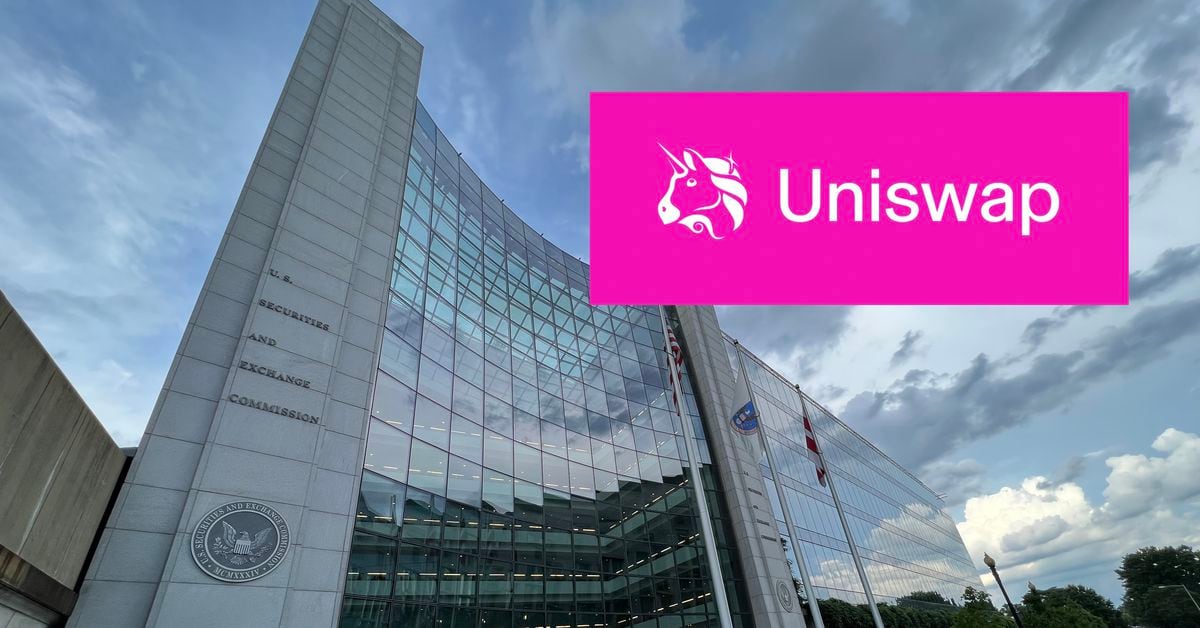

At the World Economic Forum’s (WEF) annual meeting in Davos this week, a panel of industry and government leaders gathered together for a timely discussion on artificial intelligence, potentially the “steam engine” of the Fourth Industrial Revolution. It was.
The conversation centered on the transformative potential of AI across all aspects of society, business and government, while also highlighting the need for responsible regulation to manage risk.
Omar Sultan Al Olama, the UAE’s Minister of Artificial Intelligence, Digital Economy and Remote Work Applications, said countries should take a “responsible AI nation” approach through proactive policies and regulations.
He argued that while the risks exist, the benefits are too great to simply reject the technology outright. “We believe in the power of artificial intelligence and active regulation. So how do we leverage it effectively instead of rejecting it?” he said The UAE views AI as critical to remaining competitive globally, especially for smaller countries, and has invested heavily to become a leader in this field.
The Minister emphasized AI as a fusion of past revolutionary technologies. He emphasized the urgency of embracing AI and warned of the consequences of delay. “Otherwise, if it’s too late, it’s over,” he said, emphasizing the importance of active adaptation.
According to Accenture CEO Julie Sweet, AI will have a significant impact on all industries in ways never seen before with technology. Rather than characterizing certain industries as AI leaders and laggards, Sweet said, she argued there is no room for complacency. Across all sectors, some companies are moving aggressively to adopt AI while others risk being left behind.
“I can’t remember a single technology in the last 30 years where I could stand up in front of a CEO and come up with a technology that reliably showed every part of the company and its material influence, and have someone say, ‘You’re crazy.'” But then AI entered the room. Oja’s situation has changed. “There’s no industry that won’t be affected,” she said, adding, “No one is saying we’re crazy.”
Senator Mike Rounds, a member of the Armed Services and Intelligence Committee, highlighted the potential applications of AI in warfare. “Artificial intelligence will impact how we wage war in all domains,” he said, explaining that AI could be deployed on land, in the air, in space, and in cybersecurity applications. “It took us days to prepare, but now we’re talking milliseconds,” Rounds said, emphasizing that the country that adopts AI for military use first will have a clear advantage over others.
Integrating AI into military applications has become increasingly visible and profitable, so much so that OpenAI, under Sam Altman’s leadership, has also revised its core principles to allow for the use of the technology for warfare purposes. This is a use case that was previously explicitly prohibited. These changes strengthened Altman’s leadership and influence over the company’s strategic decisions through a restructuring of the company’s board of directors.
IBM CEO Arvind Krishna has estimated that AI will create “incredible economic competitiveness for companies and countries” and deliver productivity gains worth $4 trillion per year by the end of the 2020s. Krishna argued that countries and companies that adopt AI early will gain an advantage over those that adopt it late.
Cristiano Amon, CEO of Qualcomm, noted that we are only at the beginning of mass adoption of AI. “A year ago we demonstrated the art of the possible,” he said, adding that now thousands of use cases are emerging. Amon highlighted the proliferation of AI across all types of devices and industries, from mobile phones to cars to smart buildings. He said the key to scaling AI is making this computing power widely available.
Amon also discussed the role of data and computing power in the expansion of AI and its evolution from data centers to distributed applications. He introduced real-life examples of applying AI to everyday life. “AI processing will be the next way to do computing,” he predicted.
Panelists agreed that AI has the potential to equal historic innovations such as the steam engine, electricity, and the printing press. But they said governments and businesses should pursue responsible regulation to manage risks while allowing room for innovation. The message was clear. If you don’t adopt AI quickly, you risk becoming irrelevant. Minister Al Olama said, “If we accept artificial intelligence, it will be complete. If we do not accept artificial intelligence and delay it, it will be complete. If we completely reject it, it will be complete.”



